Divorce can be emotionally and financially draining. Quite frankly, it can be a traumatic experience. When all the i’s are dotted and all the t’s are crossed, many people think it’s over. Everything has been addressed. All the important business has been handled. Unfortunately, many people are wrong.
Many people would be surprised to learn that some of their most important legal and financial documents have been overlooked. Documents that have big impacts, such as their: will and trust, power of attorney, health care directives, beneficiaries, and minor children’s guardianship. It is imperative these documents are updated to ensure that the person you intend to be in a position of authority over your affairs, should something happen to you, actually is. The following are a few things you’ll want to consider if you find yourself facing divorce:
- Revoke your existing Will and create a new one. In Alabama, once you and your spouse divorce, your spouse no longer stands to inherit any of your estate, unless your Will states otherwise.
- If you have minor children, you’ll want to appoint a legal guardian. You may also want to consider leaving your assets in a trust, and appoint a trustee to manage it, for the benefit of your children.
- Many assets pass outside of your will and instead are distributed upon death through written beneficiary designations. It’s critical that you update your beneficiaries on life insurance policies, retirement accounts, and certain bank and brokerage accounts.
- Revoke your existing Power of Attorney and create a new one. In Alabama, once you file for a legal separation, annulment or divorce, your spouse no longer authority to act as your agent, unless your Power of Attorney states otherwise. However, this only applies for Powers of Attorney executed in 2012 or later.
- Update your Health Care Directive (also referred to as your Living Will) and appoint a new health care proxy. This is the person who can make medical decisions on your behalf in an emergency or when you cannot speak for yourself. It’s important to appoint someone you trust, as this person could be making life and death decisions on your behalf. In Alabama, once you and your spouse divorce, your ex-spouse’s appointment is revoked, unless your Health Care Directive or your divorce/annulment/separation order states otherwise.
In summary, if you’re recently divorced or are considering divorce, it’s important that you consult with your financial advisor and/or attorney as soon as possible to review and update the documents noted above. If you would like to speak with our firm about scheduling an appointment to address your specific legal needs, please fill out the short form below, or you may contact us at anytime by calling 256.533.2002. Please do not include any personal information regarding your legal matter in the Comments box below.
“No representation is made that the quality of legal services to be performed is greater than the quality of legal services performed by other lawyers.”


